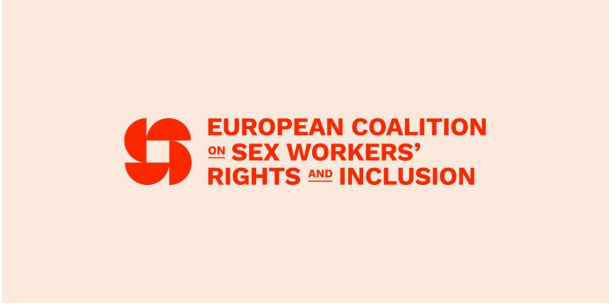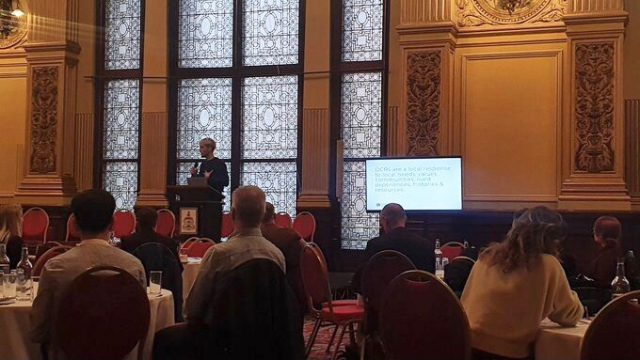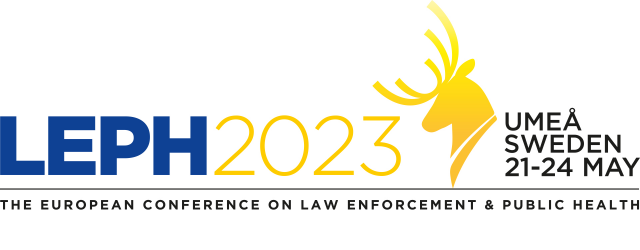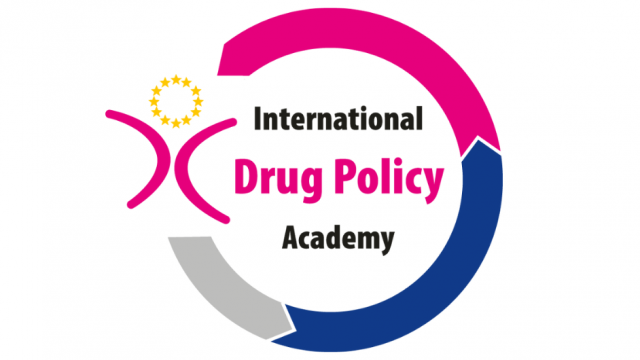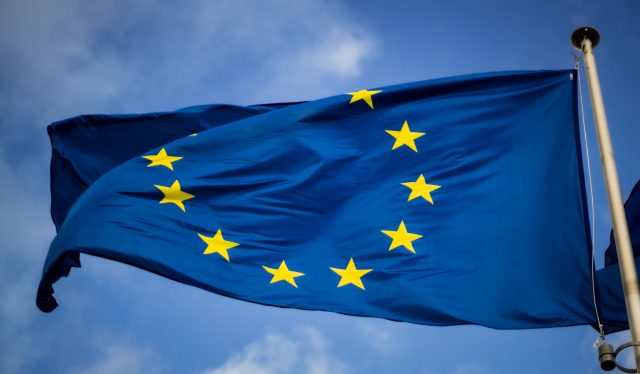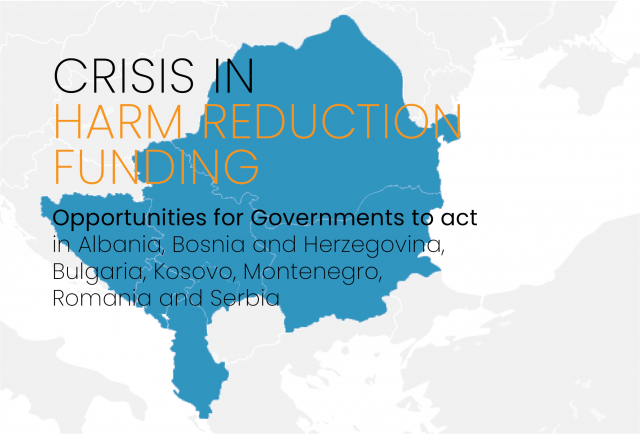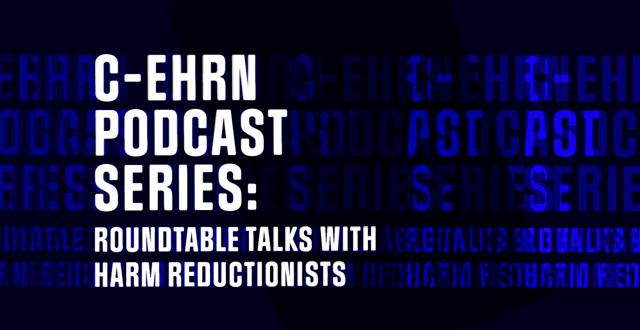Civil society organisations sent an open letter to the EU Commission to criticise the new call for drug policy grant proposals that almost only focuses on law enforcement and excludes harm reduction.
C-EHRN sent an open letter to Ilva Johanson, Commissioner of Home Affairs, and Floriana Sipala, the head of the Drug Unit of the EC, to address this issue. The text of the open letter:
“We write to you on behalf of Correlation – European Harm Reduction Network (C-
EHRN), representing 158 civil society organisations (CSO) working in the area of harmreduction drug policy in Europe. C-EHRN is part of Foundation De Regenboog Groep
and, as such, is also represented in the EU Civil Society Forum on Drugs.
Together with the undersigned networks, we would like to express our concern and
disappointment with the current call of the Internal Security Grant concerning better
law enforcement in the area of illicit drug trafficking. We believe this call does not
reflect the principles of an evidence-based, integrated, balanced and multidisciplinary
approach to the drugs phenomenon and is not in line with the Drug Strategy of the
European Union. The call has a narrow focus on law enforcement interventions, with
no objectives to improve complex public health and social services, including harm
reduction.
For several years, the members and organisations we work with have benefited from
the EC JUST Drug Policy grants launched by the European Commission. These
grants demonstrated the balanced, evidence-based and multidisciplinary approach
to drug policies in accordance with the core principles of the European Union. They
provided an excellent opportunity for civil society organisations working in the field of
drugs to cooperate internationally and exchange knowledge and good practices.
When the Drugs Unit was moved from the Justice Department to the Internal Security
Department, civil society organisations were promised that this would not affect the
balanced and multidisciplinary approach to drug policies of the EU Commission.
However, the apparent shift towards law enforcement and crime prevention proves
different – with social and public health aspects slipping off the agenda.
The Internal Security call lays only limited emphasis on drug demand reduction and
none at all on harm reduction. At the same time, no other EU Programme took over
this responsibility, leaving drug demand and harm reduction behind, without any
opportunity for EU funding and support.
This is an extremely concerning development. EU funding has become increasingly
important in recent years because of the emerging funding crisis for harm reduction,
especially in the Eastern part of the European Union. Since the 2008 economic crisis,
funding for harm reduction has constantly been declining in most Member States.
Several essential services operated by CSOs have been closed down or curtailed due
to budget cuts and the retreat of international donors.
On top of the funding crisis, CSOs experience a shrinking space for civil society in
several Member States, where governments are increasingly hostile to those
organisations that receive international funding or work with marginalised groups of society. With decreasing national and local funds, direct funding from the European
Commission was often the only funding opportunity to improve advocacy and
innovation in the harm reduction field for many organisations. This opportunity is now
lost.
DG Home is the department within the EC responsible for developing and
implementing a balanced, integrated and evidence-based EU Drug Policy. Such a
balanced approach requires that funding mechanisms are available for all drug policy
areas and not only for law enforcement and crime prevention programmes.
We, therefore, call upon the European Commission and DG Home to reinstall the
funding mechanism for drug demand and harm reduction to ensure a balanced and
evidence-based drug policy also in the future.
We look forward to your response and hope for your continued support for civil
society in the area of drug policy and harm reduction.”
Signatory Networks & Organizations:
AIDS Action Europe [AAE]
Drug Policy Network South East Europe [DPNSEE]
EU Civil Society Forum on Drugs1
EU HIV/AIDS, Viral Hepatitis and Tuberculosis Civil Society Forum
Eurasian Harm Reduction Association [EHRA]
European AIDS Treatment Group [EATG]
European Network of People Who Use Drugs [EuroNPUD]
Forum Droghe
Harm Reduction International [HRI]
Federation des Acteurs en Education en Promotion de la Sante de Guyane [AGRRR]
International Drug Policy Consortium [IDPC]
International Network of People Who Use Drugs [INPUD]
MAINline
Positive Voice
Red de Atencion a las Adicciones [UNAD]
ReShape
Youth Organizations for Drug Actions [YODA]


